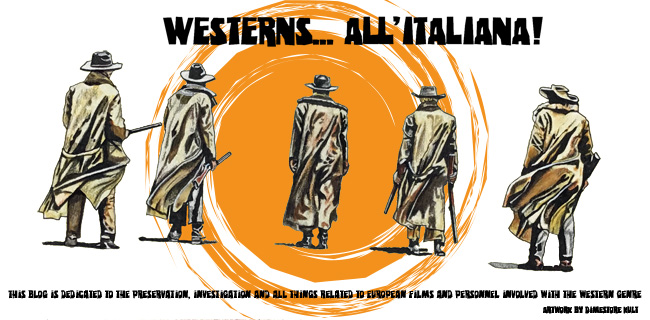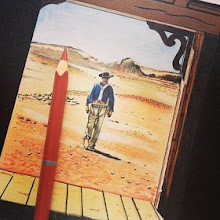 Lotar Olias was born on December 23,
1913 in Königsberg, East-Prussia, Germany. He attended the
Klindworth-Scharwenka Conservatory in Berlin, where Moritz Mayer- Mahr and
Institute Director Robitschek were his teachers. Already at that time he had
composed songs for singers such as Max Hansen and Lucienne Boyer. He then wrote
revues for the Berlin conservatory and Hamburg planet un Blomen. In 1937 he
wrote his first film scores for several short films.
Lotar Olias was born on December 23,
1913 in Königsberg, East-Prussia, Germany. He attended the
Klindworth-Scharwenka Conservatory in Berlin, where Moritz Mayer- Mahr and
Institute Director Robitschek were his teachers. Already at that time he had
composed songs for singers such as Max Hansen and Lucienne Boyer. He then wrote
revues for the Berlin conservatory and Hamburg planet un Blomen. In 1937 he
wrote his first film scores for several short films.In 1932 Olias became a member of NSDAP and NSDAP culture warden in Berlin. For the Nazi leaders, he wrote in the 1930s several titles with Nazi content. These include the “SA-Totenmarsch”, “Braun und grau”, and the official Walter March. Nevertheless Olias did not belong to the Nazi government and court composer of the Nazi leadership. During World War II Olias was head of the theater front , the jackboots.
In 1939 he returned to Hamburg and participated in the founding of the literary cabaret “Bonbonnière” for which he composed in 1945 and wrote the lyrics. Since he received no major job offers, he for years worked at fairground jobs, and as a musician at weddings and as a fashion show presenter.
Then in 1949 he made his breakthrough as a popular pop and film music composer. He also wrote popular songs and musical soundtracks to over 40 films in the 1950s and 1960s. In particular his only Euro-western score for “The Sheriff was a Lady” with songs sung by Freddy Quinn. The film became a great popular success and the songs are now considered classics. Olias composed regularly until 1964 for the films in which Quinn was seen as the main character. This partnership with Freddy Quinn began when they appeared at the Grand Prix Euro Vision Song Contest in Lausanne in 1956.
Olias died on October 21, 1990 in Hamburg-Ohlsdorf, Hamburg, Germany.
Today we remember Lotar Olias on what would have been his 100th birthday.










No comments:
Post a Comment